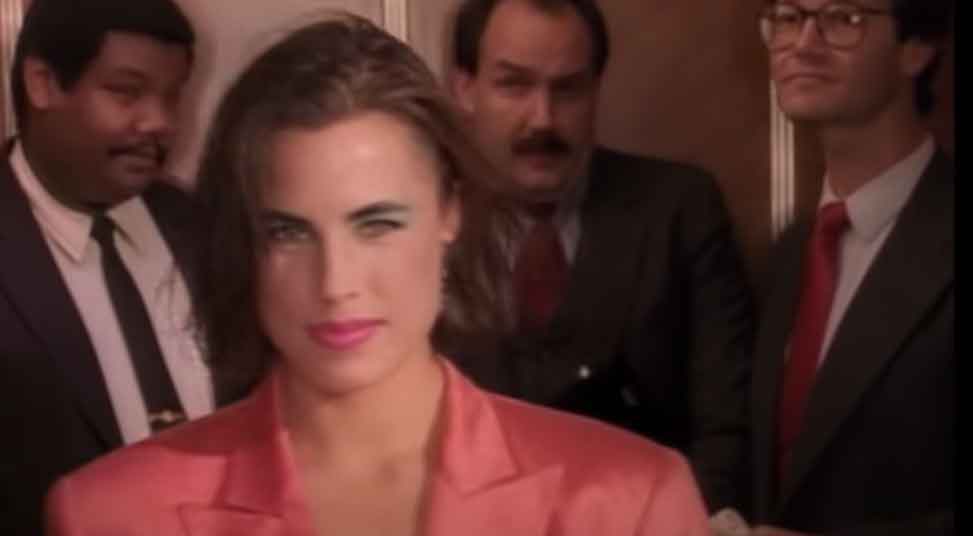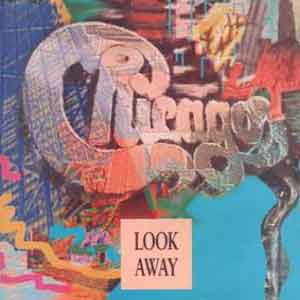Chicago – “Look Away”:
A Breakup Ballad That Broke the Charts
By the late ’80s, Chicago had already reinvented themselves more than once—they started as jazz-rock pioneers with a killer horn section, then transformed into soft-rock hitmakers. But with “Look Away” in 1988, they fully embraced the power ballad lane and scored their third and final No. 1 hit on the U.S. Billboard Hot 100. This was a song that sounded very different from classic Chicago, and that was kind of the whole point!
A New Voice, A New Sound
Written by the legendary Diane Warren and produced by Ron Nevison, “Look Away” was the second single from their Chicago 19 album. This time, Bill Champlin took the lead on vocals, a shift from the Peter Cetera-led hits of the early ’80s. Champlin, who had been with the band since 1981, brought a grittier, more grounded tone to the song’s emotional core.
The track really continued Chicago’s move away from their signature brass arrangements. In fact, you won’t hear any horns at all here—just soaring synths, big drums, and a melody tailor-made for late-night radio. It was a clear, conscious pivot toward the polished pop-rock sound that was ruling the charts back then.
The Story Behind the Song
“Look Away” tells the story of a person trying to stay strong after finding out their ex has moved on. There’s no anger here, just quiet devastation. “If you see me walking by / And the tears are in my eyes / Look away, baby, look away,” Champlin sings. It’s a breakup song that doesn’t beg or blame—it just purely hurts.
Warren was actually inspired by a real-life situation: a friend whose ex-wife was getting remarried, even though he still secretly hoped they’d get back together. That raw, emotional honesty helped the song really connect with listeners, and it became one of Warren’s earliest blockbuster hits.
Almost a Cheap Trick Tune?
Here’s a fun little tidbit: “Look Away” was originally offered to Cheap Trick! But they passed on it, choosing another Diane Warren ballad, “The Flame,” instead. Interestingly, both songs ended up hitting No. 1—just not for the same band. Talk about a twist of fate!
Chart Domination and Legacy
Released in September 1988, “Look Away” topped the Billboard Hot 100 for two weeks in December, and incredibly, it finished as the No. 1 song of 1989 on the year-end chart. It also hit No. 1 in Canada and broke into the Top 20 in several European countries.
For Chicago, it was a massive commercial triumph—even if it didn’t sound anything like the band who gave us “25 or 6 to 4” or “Saturday in the Park.” It showed they could evolve, adapt, and still top the charts almost two decades into their career.

